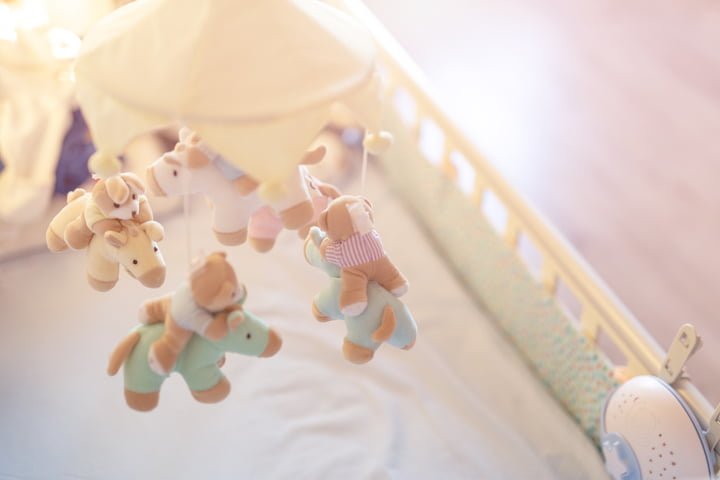Parenting With a Disability: How to Prepare for Your New Baby
Becoming a new parent can feel like you’re walking a tightrope walk of emotions. And when it involves parenting with a disability, this new adventure can seem even more daunting.
The latest research shows there are more than 4.1 million disabled parents in the U.S. That means that one in 10 children has a parent who, like you, may need a few extra considerations to make the journey of parenthood a smooth one.

Parenting can positively impact the life of a disabled individual. There’s a great satisfaction that comes with the ability to surmount the challenges of parenting with a disability. It can also foster a closer bond between you and your partner.
As you prepare for parenthood, you may face unique challenges. But with a little preparation and by taking advantage of the resources available to you, you can set yourself up for a fulfilling parenting journey. Here’s a look at the 3 B’s of caring for your new baby when you have a disability.
Budget for Your New Baby
The cost of raising a child increases every year. To make sure that your family starts off on the right financial footing, talk to your partner about your expectations during the pregnancy and once the baby arrives. You’ll need to figure out whose insurance plan will cover your new bundle of joy the best, and estimate what you will have to pay out of pocket during the pregnancy and delivery.
You may be eligible for grants or other assistance before and after the baby comes depending on the nature of your disability and your income, so be sure to know what you’re qualified for when building your baby budget.
Take time to consider what your financial priorities will be during this time. Before you or your spouse decides to take leave from work, figure out how that will impact your budget. You might want to make adjustments and live off that lower income until the baby arrives so you can stash money away in an emergency fund.
Build a Safe Nest
Prepare now for the day your baby enters your home. All of the cute onesies, booties, and caps you receive as gifts should be washed with a gentle, nontoxic laundry soap to avoid exposure to endocrine disruptors. Your baby’s crib should be free of stuffed animals, pillows, and excessive blankets. You want to create a safe space to lower the risk of suffocation and sudden infant death syndrome (SIDS).
Now is also the time to buy and practice installing a car seat. The AAP recommends children remain in a rear-facing car safety seat as long as possible, until they reach the highest weight or height allowed by their seat. The rear-facing position can protect a child’s neck and spinal cord in a crash.
You can buy a rear-facing infant car seat, a convertible seat that can go from rear- to front-facing over time, or an all-in-one seat that can do everything a convertible seat can do (plus transform into a booster seat).
If your disability makes it difficult for you to set up safe spaces for your baby, be sure to ask for help from friends, family members, or local community organizations. You may also want to consider purchasing adaptive parenting items that will make child-rearing easier. For example, wheelchair-bound parents may opt for a crib that opens from the side, or a sling carrier that makes keeping baby close simple and comfortable.
Bring in Backup
You’re going to need a team to help you through this period. Allow loved ones to help when they volunteer, and don’t feel ashamed to ask for it.
If you need help on a more consistent basis, try hiring a postpartum doula or a nanny. There are childcare professionals who specialize in working with families with disabilities who will be familiar with your individual needs and even the adaptive equipment you use. Get recommendations from the hospital where you delivered or from your doctor.
It may also be helpful to find a community online. Parenting groups on social media outlets like Facebook are giving parents with special needs a voice, allowing them to share their trials, as well as best practices and advice. Best of all, you can reach out to them any time – day or night – if you have a question or just need some support.
Becoming a parent comes with challenges for all moms and dads, regardless of whether they have a disability. By taking the time to budget, create a safe environment, and build a supportive community, you’ll feel more secure in your new role and have more time to enjoy your growing family.
